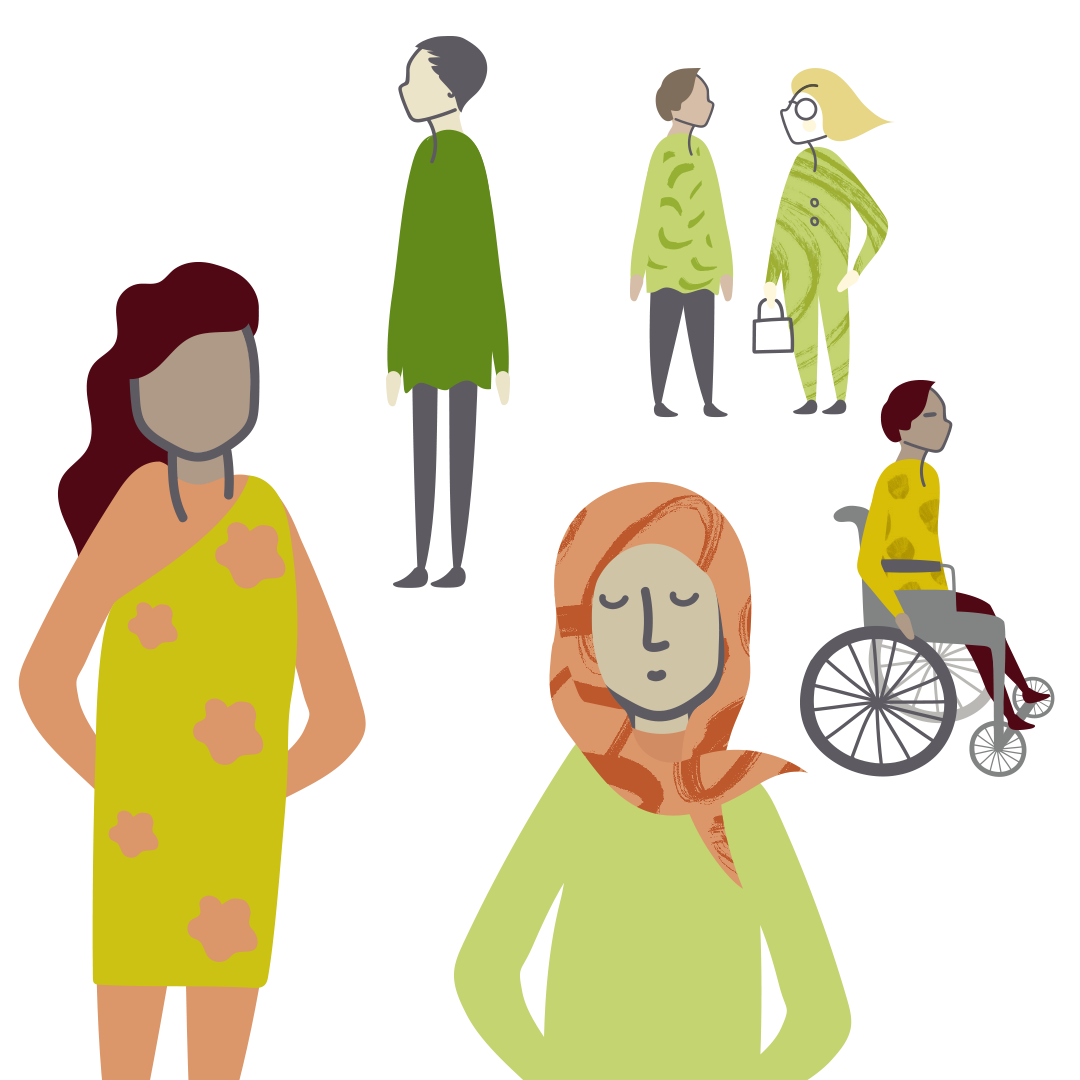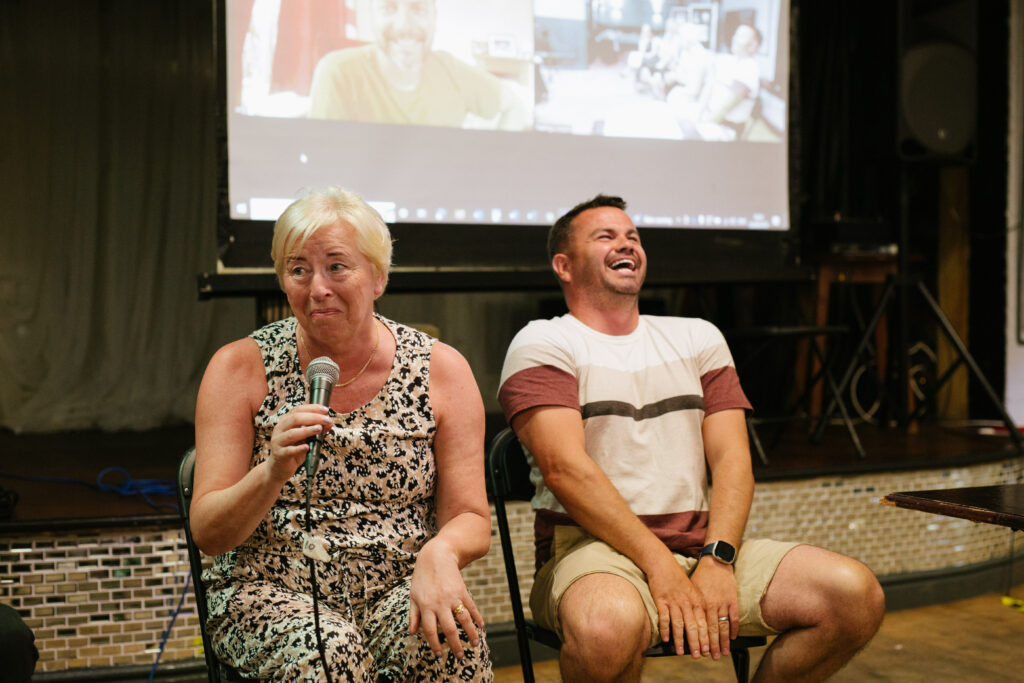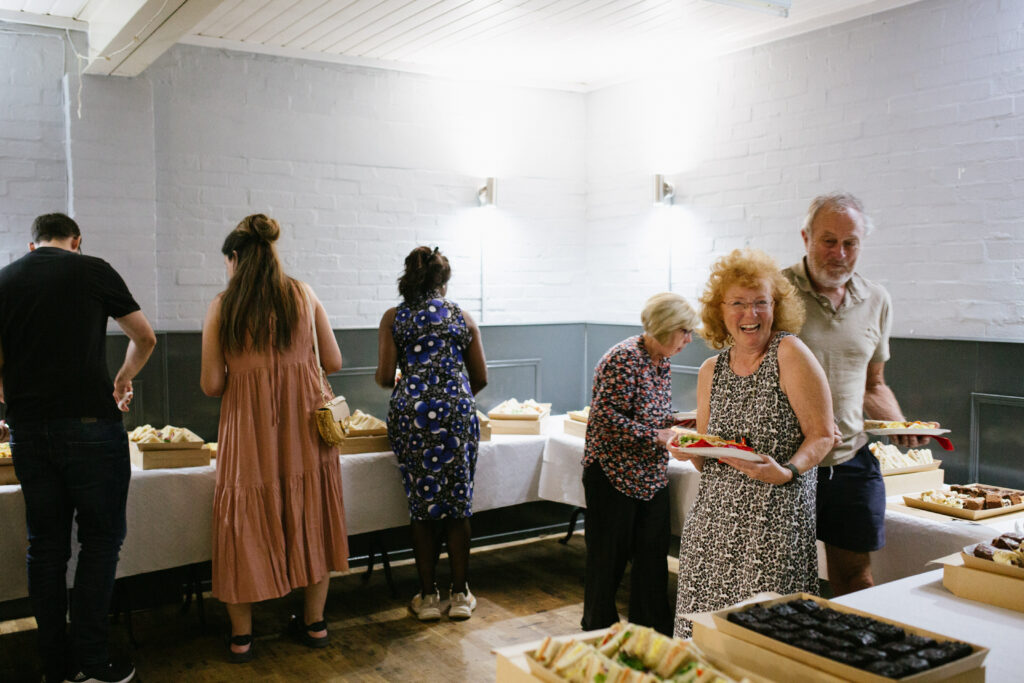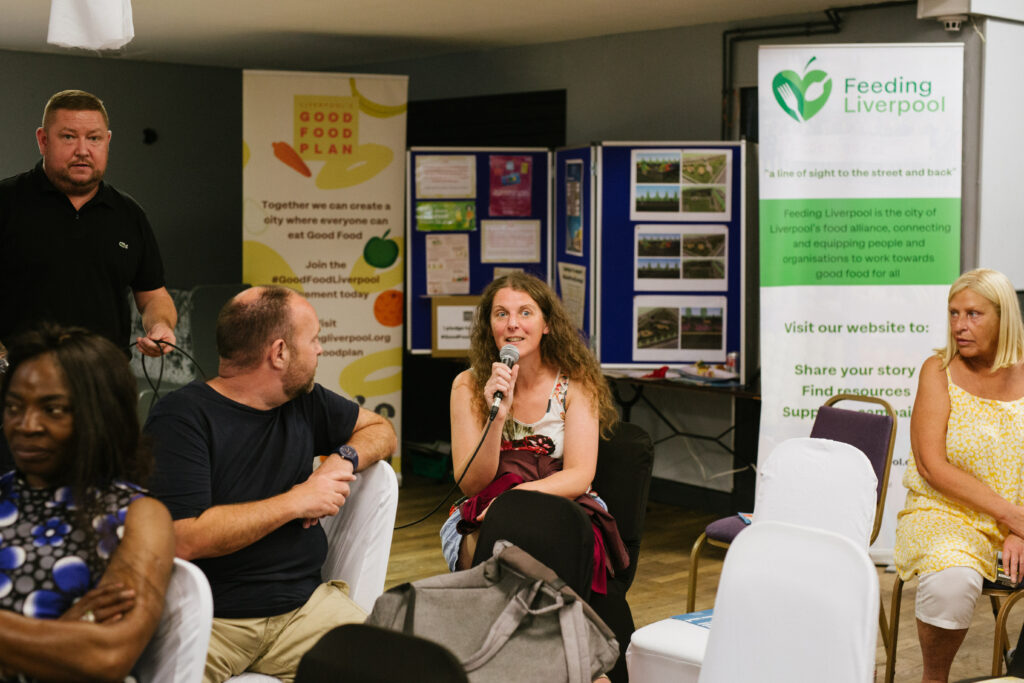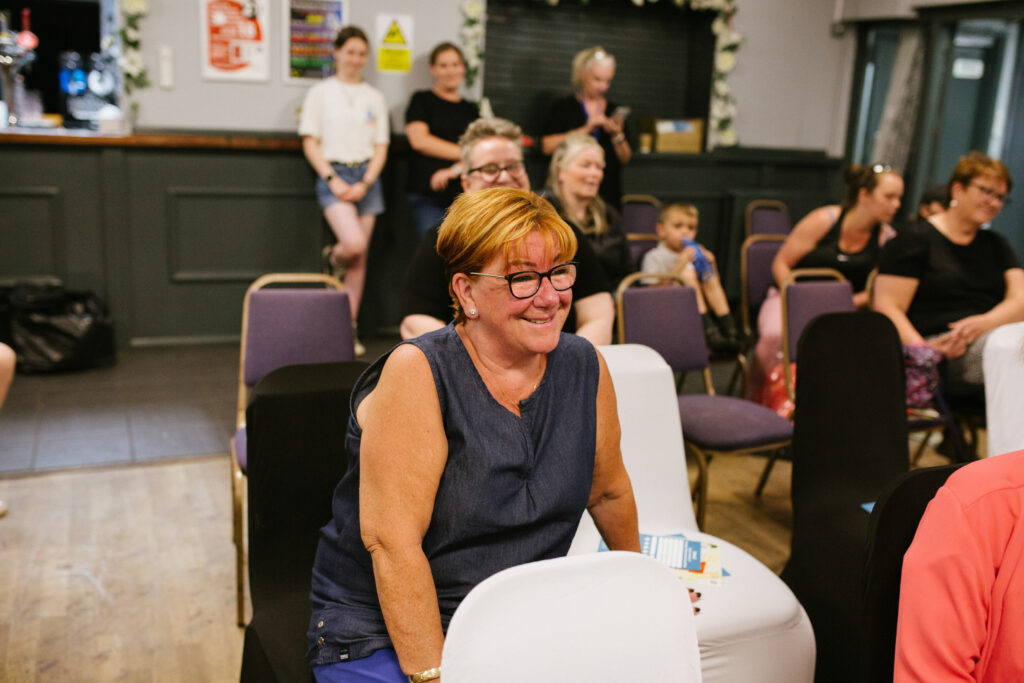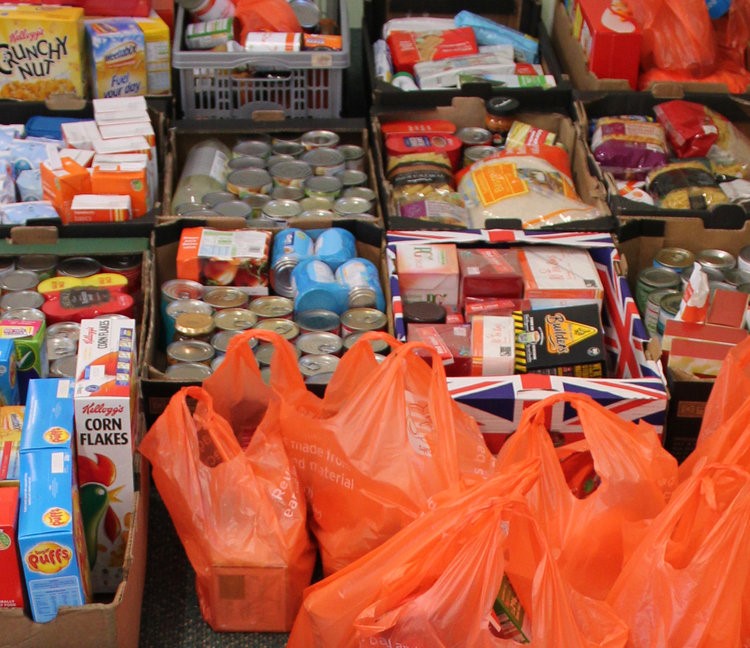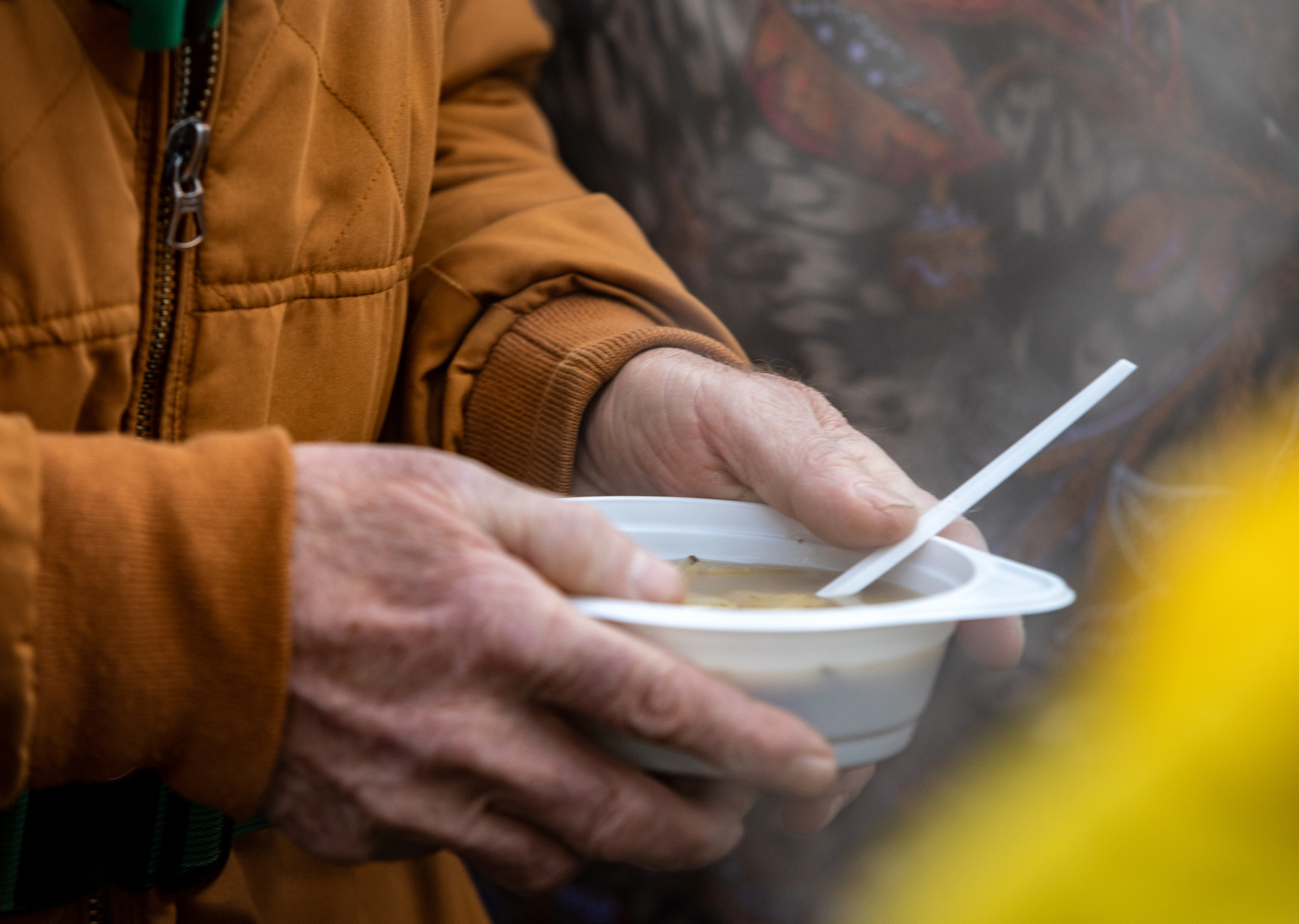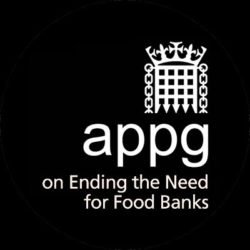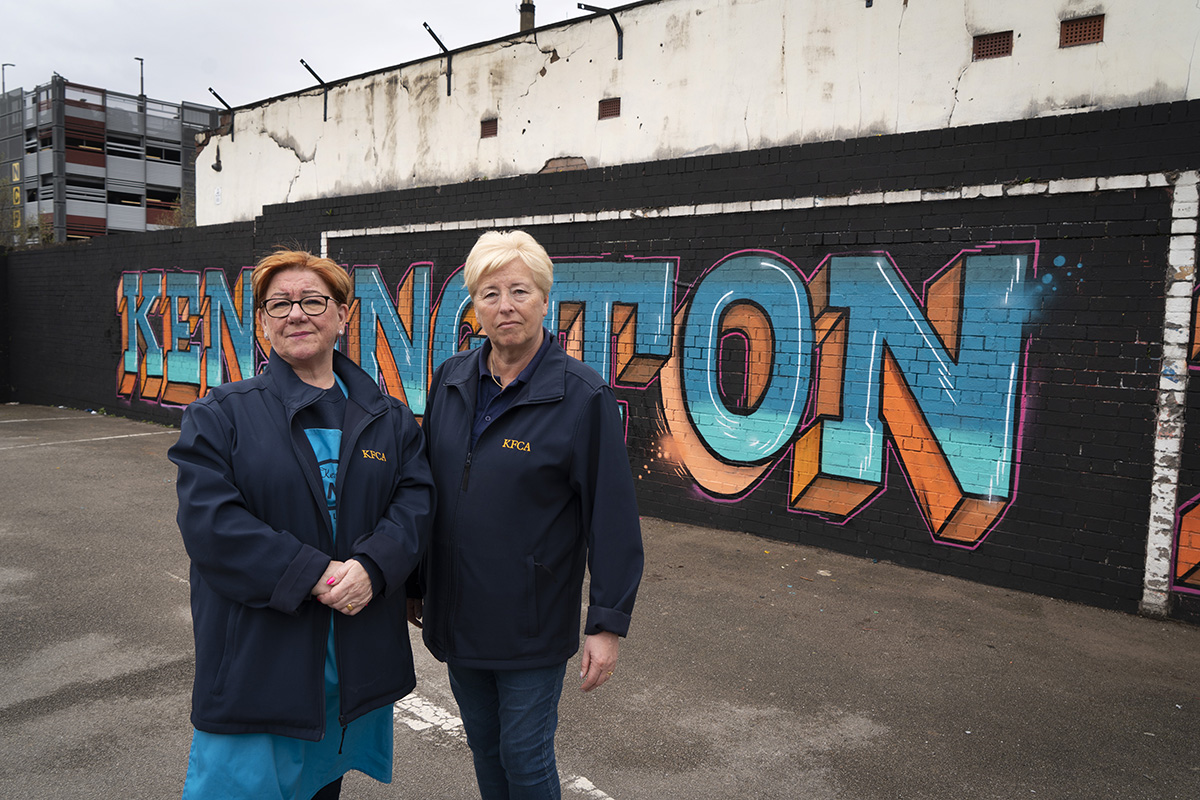Last summer the National Food Strategy, led by Henry Dimbleby, was published. An extensive report which set out a series of recommendations for developing and improving the food system, it was described as a “wake up call to this country and government to do something about our food system and the epidemic of obesity and ill health destroying our country”
On Monday 13th June 2022 the Government published its response to this report in the Government Food Strategy Policy Paper.
With many expressing disappointment and frustration at the lack of detail and concrete actions set out in the government’s responses, Good Food Plan partners issued the following comments:
Food Active
“This strategy was supposed to position the UK as a world leader in food and environmental issues and address important public health challenges such as food insecurity, obesity and climate change.
Today’s response is just another missed opportunity by the Government to show their commitment to prioritising population health.
We can only hope that the upcoming Health Disparities White Paper includes the bold action that is needed to support communities across the country to access healthy food.” Nicola Calder, Food Active Programme Lead
Read Food’s Active’s full response: Food Active | Food Strategy White Paper: Food Active Response
Feedback
“Rather than committing to doing something about the fact we now have 31% of all children living in poverty, this paper fails to support an additional 1.5 million children with free school meals as recommended by Henry Dimbleby. Very little is offered beyond the already existing Holidays Activities and Food (HAF) programme, which is itself underfunded, and the Healthy Start scheme, which, following digitalisation, is now failing to reach eligible families. Instead, the status quo of eligibility based on households earning less than £7,400 a year remains.
The opportunity to create those much vaunted Levelling Up options is missed. The consultation emphasised the importance of giving all the public equal access to affordable healthy food. That’s been pushed off to the Health Disparities paper due who knows when? Moreover, the onus is once again placed on individual choice and education, rather than addressing the issues of availability. Perhaps the concept of living in a food desert (as some 77% of residents of one area of Merseyside do) is an alien one. But it is a real problem for too many.
There’s one mention of hunger in this paper and that’s in relation to food aid overseas. It may be unpalatable to those in government to think about hunger in relation to their own citizens, but with an increase of 81% in people regularly accessing food aid in five years and over 7.1 million admitting to skipping a meal because they cannot afford to eat, the stark reality is, our citizens are hungry and those numbers will only increase as the cost of living (or surviving) continues to grow.” Lucy Antal, Feedback Food Justice Expert
Read Feedback’s full response: Government Food Strategy – Feedback’s response. – Feedback (feedbackglobal.org)
Sustain
“In the face of multiple crises in the cost of living, rocketing obesity, climate change and nature loss, the government food strategy looks shamefully weak. Government was given crystal clear analysis and a set of recommendations by the Dimbleby food strategy, and has chosen to take forward only a handful of them. This isn’t a strategy, it’s a feeble to do list, that may or may not get ticked.
The commitment to a land use strategy is welcome, which could better balance our food production and responsibility to our natural environment. Support for sustainable UK horticulture could improve affordable access to healthy fruit, veg and pulses. The push to include more local and sustainable food in public sector food, if implemented, could have a powerful impact. And a move to introduce mandatory reporting for food businesses on health would be a step forward. But none of this is underpinned by legislation.
In this document, the Government acknowledges the National Food Strategy analysis that a junk food cycle exists, and that people on lower incomes find it harder to access an affordable healthy diet. However, the recent government U-turn on child obesity measures has shown that even measures introduced in statute are vulnerable to pressure from vested interests. And where is the support for people struggling to eat in this cost of living crisis? We need decent wages and adequate social security benefits to weather the current storm. The Government will need to take much more and stronger action soon if it is to drive the changes in our food system needed to protect people and the planet.” Kath Dalmeny, Chief Executive of Sustain
Read Sustain’s full response: Our response to food white paper- “A feeble to do list, that may or may not get ticked’ | Sustain (sustainweb.org)
Sustainable Food Places
“We’re pleased with the recognition of the value of food partnerships, but without support, funding or a statutory requirement for local areas to set up food partnerships and forge ahead with food plans, there will be little difference on the ground for local authorities struggling with budget cuts to public health and dealing with rising food insecurity.” Leon Ballin, Sustainable Food Places Programme Manager
Read Sustainable Food Places full response: Government Food Strategy: Much ado about nothing, an empty plate at a time of hunger and uncertainty | Sustainable Food Places
Feeding Britain
“At first glance this looks like a bowl of thin gruel being served up to families who are struggling to put food on the table.
“While it is noteworthy that the free school meals threshold is to be kept under review, this strategy should have been the Prime Minister’s moment to ride to the rescue of those families – often working for low wages – who are in desperate need of that help now.” Andrew Forsey, Director of Feeding Britain
Read Feeding Britain’s response: Boris Johnson’s food expert hits out at PM for ditching new wave of free school meals – Mirror Online

